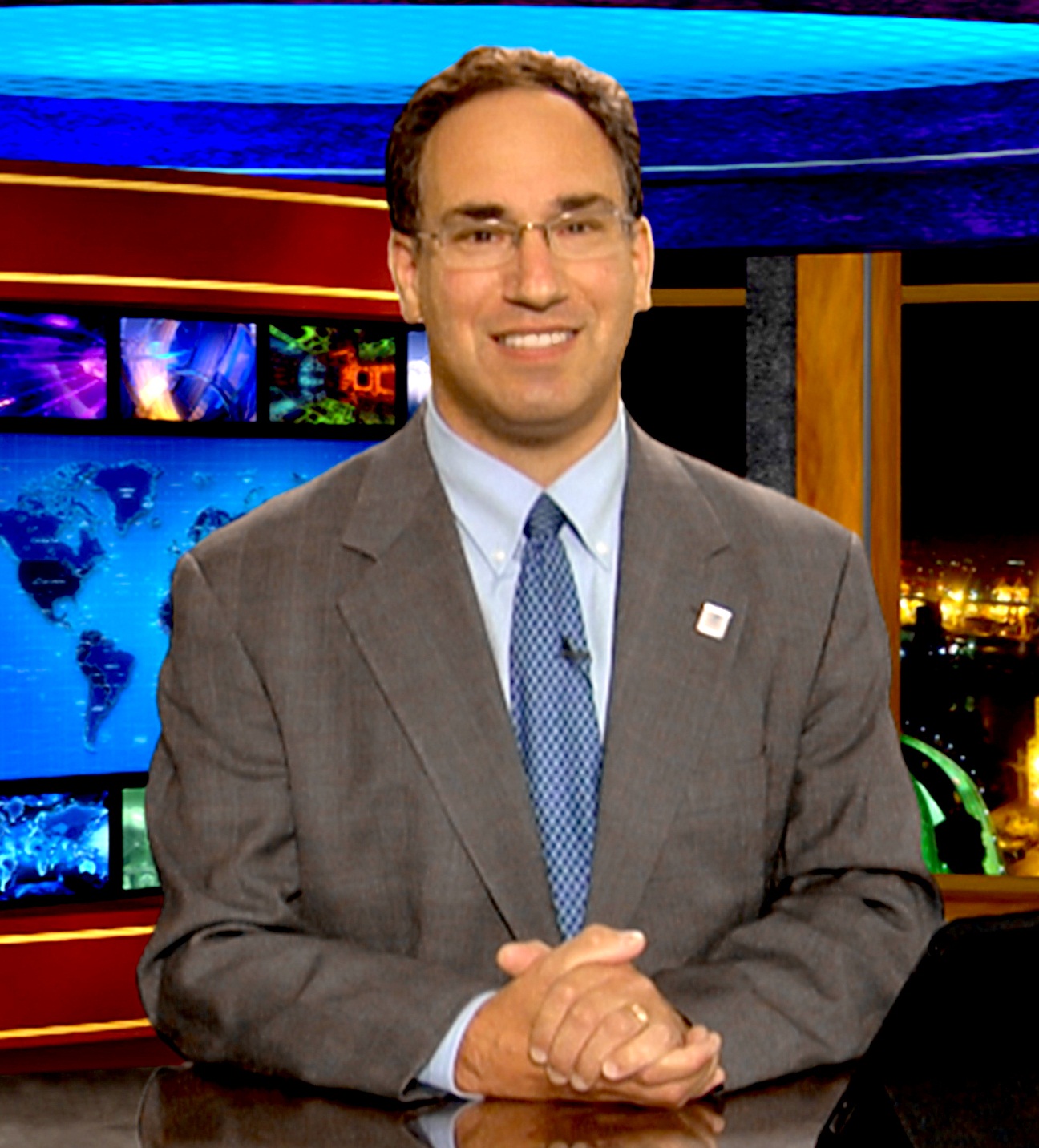Sustainability as a Business Strategy
In addition to the obvious impacts on the environment, business is a powerful force for driving social as well as economic gains. This can be seen from the benefits that generations have come to take for granted in industrialized nations. For millions of people around the world, capitalism has been a force for economic and social advancement. People are living longer, healthier lives and enjoying the prosperity, self-realization and destiny that capitalism has helped to fuel.
Critics of CSR and sustainability often cite Nobel Prize winning economist Milton Friedman (no relation)’s famous maxim that “the social responsibility of business is to make money.” Friedman famously stated: "There is one and only one social responsibility of business – to use it resources and engage in activities designed to increase its profits so long as it stays within the rules of the game, which is to say, engages in open and free competition without deception or fraud.”[1]
Many critics of the CSR movement have latched onto the notion that Friedman was only referring to the “rules” in a legal sense when he wrote this. Over the last three decades, however, history offers example after example of companies that obeyed the legal parameters but neglected the rules of the marketplace and have ceased to be viable. The recent collapse of global financial markets and models has added additional fuel to the argument that the rules have changed. As the market expectations change, companies must be prepared to respond. And expectations of what it means to be a “good” corporate citizen have changed so that companies must do more than simply meet existing customers’ needs with a product over the short term. Increasingly long term financial success requires business strategies that include good customer and supplier relationships, reducing opposition to growth, enhancing speed to market, fostering a favorable regulatory climate and requirements and maximizing human resources. Sustainability programs, as outlined below accomplish these tasks.
Click here to continue reading and comment
To read more posts from this series, click here.
John Friedman, an award-winning communications professional and recognized sustainability expert with more than 20 years of experience, is co-founder and vice chair of the board for the Sustainable Business Network of Washington (SBNOW).
Friedman has served as both an external and internal sustainability leader, helping companies, ranging from small companies to leading global enterprises, turn their values into successful business models by integrating their environmental, social, and economic aspirations into their cultures and business practices.
His insights on sustainability issues and strategy are a regular feature on Huffington Post.
Friedman authored the e-publication The New PR which outlines how companies must modify the way they communicate to meet stakeholders' changing expectations through five proven keys for developing programs that replace "spin" with transparency and unlock the full potential of a sustainability program to build reputational capital. Friedman is currently working on a new book Your Backyard Is My Front Yard.
He can be reached at johnf@sbnow.org, is @JohnFriedman on Twitter and can be connected on LinkedIn and Facebook.

